If you have issues with water in the basement, then some simple landscaping tips could actually help you to keep that water out. Plants naturally soak up water, so if you take advantage of their natural abilities, those nice-looking plants can also become guardians of your home.
Check out these eight tips to harness the power of plants and landscaping to keep water out of your basement.
Table of Contents
Know Where Water Is Entering Your House
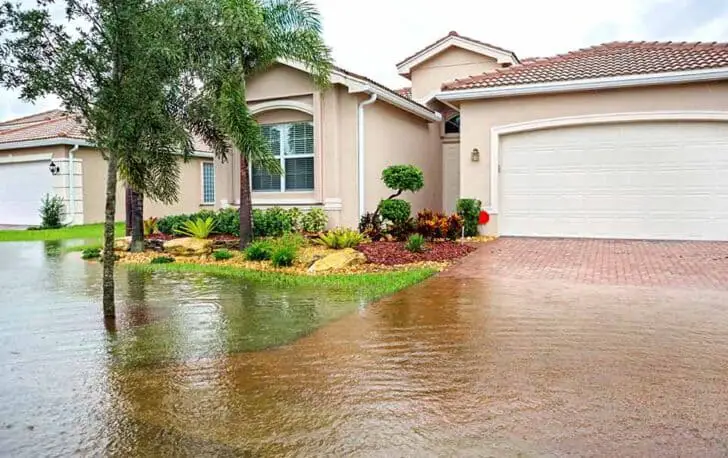
If you don’t know where the issue is, you can’t fix it. Go to your basement and find the leak. At the same time, have someone else walk outside near the leak.
Once you find the issue, you can find the best solution to fix the problem. If your basement is flooding even during moderate rains, you might need to install or adjust pumps in your home. If the problem is too serious, you may need to cast off your DIY shoes and talk to a professional basement contractor.
Make Sure Your Lawn Is Graded in the Right Direction
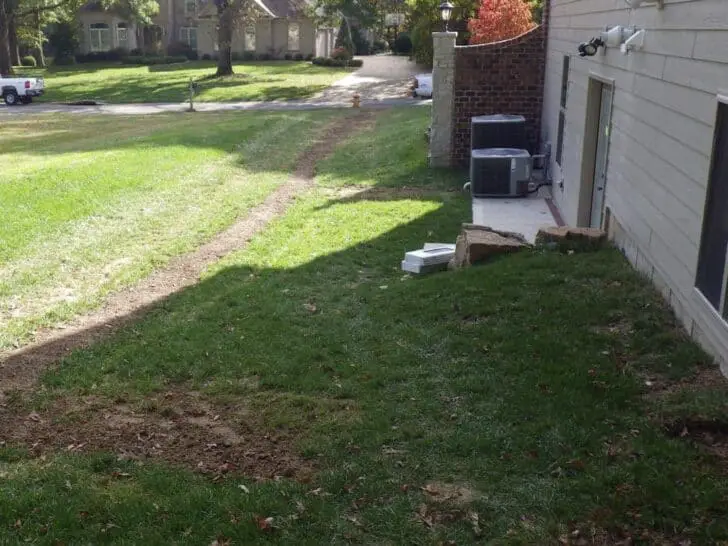
Any landscaping expert will tell you that lawn grades that run toward your house instead of away from it will cause flooding.
If your lawn is set up this way, your best option is to regrade your lawn. However, you do have a few cheaper options that can be a quick if less visually appealing fix.
You can install a dry creek bed that will lead water away from your house, or install a French drain. French drains are installed underground and have holes in the top that will collect water and drain it away from your house.
Leave a Gap Between Your Siding and Mulch
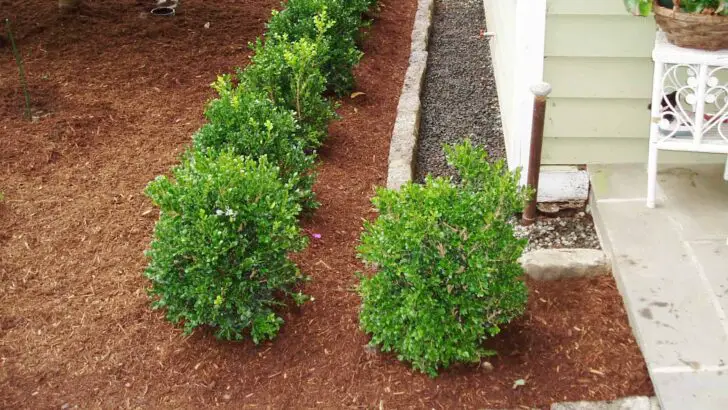
Mulch will soak up water and rot away the siding of your house over time. Make sure you leave enough of a gap that the mulch doesn’t touch the side of your house and check it regularly to make sure it hasn’t shifted up against the house.
Also, make sure you use heavy mulch. A light mulch will be carried away easily and make cleanup a hassle. Pack heavy mulch together tightly to keep this from happening.
Allow Native Plants to Thrive
Native plants will always work hardest for you. They’ve been growing and thriving in your yard for generations and are best suited to prevent soil erosion and drain stormwater efficiently.
A garden of exotic plants might look nice, but it won’t do the best job of protecting your home.
Include Grass in Your Yard
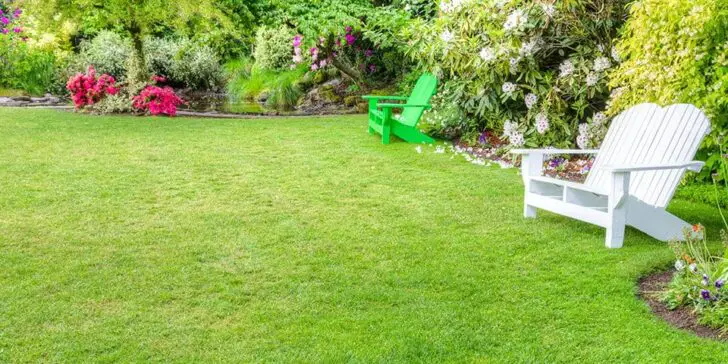
If possible, make sure your yard has grass planted. Rocks, dirt, and gravel will allow water to seep directly into the ground.
Grass does a great job of absorbing large amounts of water. Just make sure not to cut it too short. The taller your grass is, the better it will absorb water.
Check Downspouts
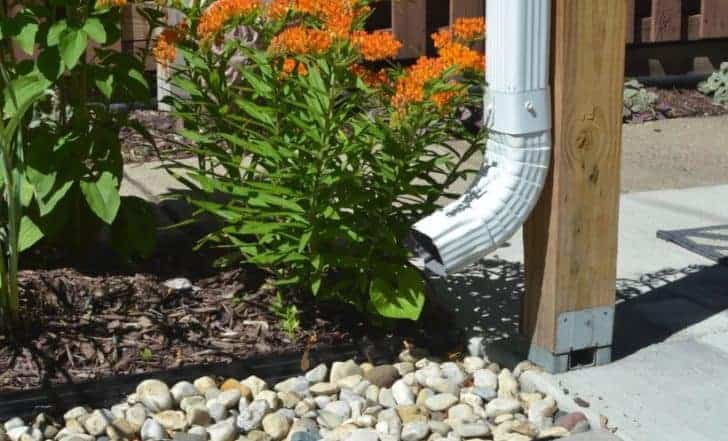
Make sure your downspouts lead away from your home. If you don’t lead the water away from your house properly, it will create a puddle and a hole in the ground where water collects.
You can extend downspouts to lead further away from your home if necessary.
Plant a Rain Garden
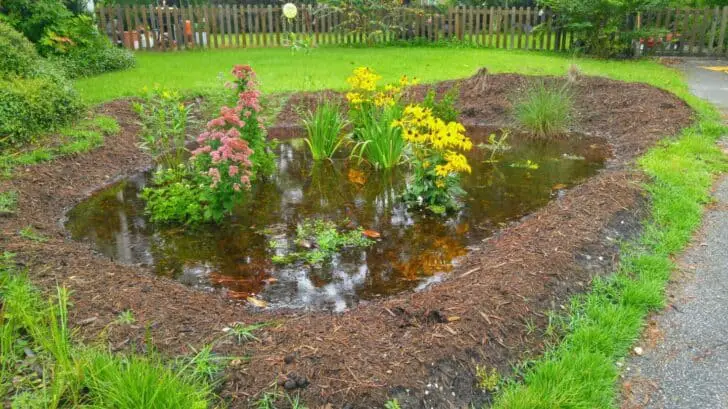
You can plant a garden somewhere in your yard in a shallow, landscaped depression. This depression will collect water that the plants can then soak up. This is a good place to plant your native plants that we mentioned earlier.
It’s best to put plants with the largest roots in the center. That way, they can grab the water that the smaller plants on the edges miss.
Add a Pond to Your Yard
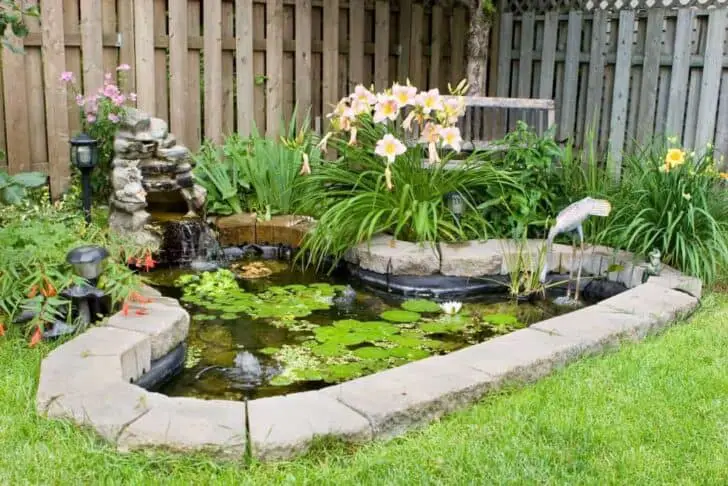
A pond is like a giant magnet for rainwater. It’s a hole in the ground that’s deep and full of water already. Add native plants around the edges to make sure the pond doesn’t become too flooded.
With proper upkeep, a pond can be a gorgeous addition to your home, attract local wildlife, and protect your home from flooding.
Save Money on Costly Basement Remodeling by Landscaping Properly
There are ways to avoid beefing up the security of your basement from the inside. Letting nature do the work for you might be your best and cheapest option. The native plants in your area are best equipped to protect your home from flooding.
You can also make sure to lead water away from your home properly. This can be done with proper drains, rain barrels, and even a man-made pond.
Whatever you choose to do, the main goal is to keep water out, and a professional will know the best ways to do that. Be sure to contact a basement contractor or landscaper who can help you decide what’s best for your home.
